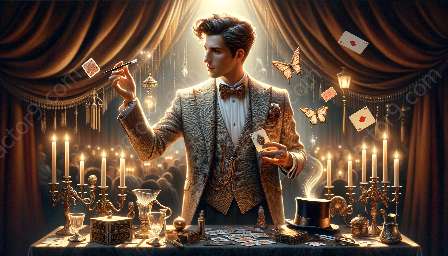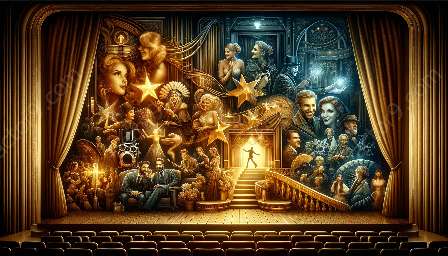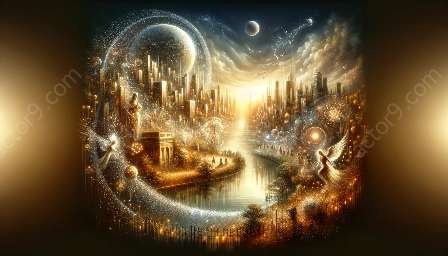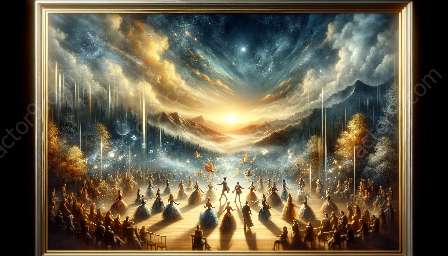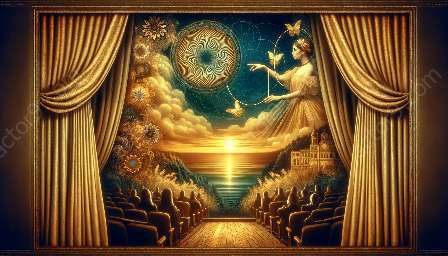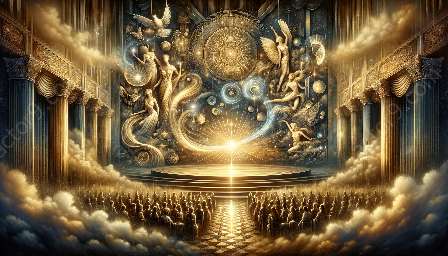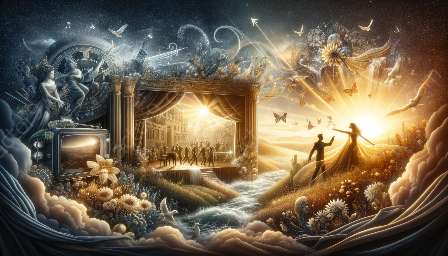Magicians have a long history of adapting their performances to resonate with diverse cultural contexts. This topic explores the strategies used by famous magicians throughout history, as well as the profound impact of magic and illusion on shaping cultural experiences.
Famous Magicians and Cultural Adaptation
Famous magicians throughout history have demonstrated an impressive ability to adapt their performances to suit different cultural contexts. One notable example is Harry Houdini, whose escapology acts captivated audiences worldwide. Houdini's performances were carefully tailored to connect with the diverse beliefs and traditions of the communities he visited, showcasing a keen understanding of cultural nuances.
Another renowned magician known for cultural adaptation is David Copperfield. His illusion shows incorporate elements of storytelling and cultural references that resonate with audiences from various backgrounds. Copperfield's performances are a testament to the importance of understanding cultural sensitivities and preferences when presenting magic to diverse audiences.
Understanding Cultural Contexts
Effective adaptation of magic performances for different cultural contexts requires a deep understanding of the traditions, beliefs, and values of the audience. Magicians often conduct extensive research and engage with local experts to ensure that their acts align with the cultural norms and customs of the places they perform in.
For example, when performing in countries with a rich history of folklore and mythology, magicians may incorporate local legends and folklore into their acts to establish a connection with the audience. They may also modify their performance language and style to accommodate linguistic differences, ensuring that the magic experience is inclusive and impactful.
Role of Magic and Illusion in Shaping Cultural Experiences
Magic and illusion play a significant role in shaping cultural experiences, transcending language barriers and uniting people through wonder and amazement. By adapting their performances for diverse cultural contexts, magicians contribute to the preservation of traditional storytelling and entertainment practices, while also fostering cross-cultural appreciation and understanding.
Furthermore, the universal appeal of magic allows it to serve as a powerful medium for cultural exchange and dialogue. Magicians who tailor their acts to resonate with specific cultural contexts not only entertain audiences but also facilitate meaningful intercultural connections and promote the appreciation of diverse heritage.
Conclusion
Adapting magic performances for different cultural contexts is a testament to the artistry and adaptability of magicians throughout history. Their ability to connect with audiences from varied backgrounds underscores the profound impact of magic and illusion in shaping cultural experiences and fostering cross-cultural connections.


